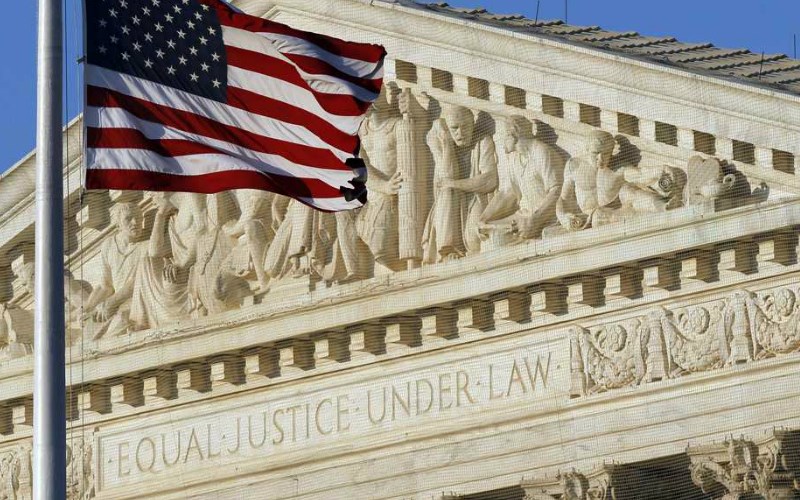At issue in Shurtleff v. Boston, city resident Hal Shurtleff and his Christian civic organization, Camp Constitution, wanted to fly the camp's flag, which is the Christian flag that features a red cross, on a city flag pole that is open to all types of flags. But the city denied the request, which prompted a legal challenge from Mat Staver, founder and chairman of Liberty Counsel.

"What we have is a specific policy that designates the flag pole as a public forum open for anyone, a practice over 12 years where they never censored any of the 284 private applications," Staver reports. "We have a statement in which they say that the only reason they censored the flag is because on the application it used the word 'Christian.'"
Courts have so far agreed with Boston in the case, including a court of appeals that ruled the flag displayed on the city pole would amount to government speech. But Staver says Boston's argument does not hold water; he points out that nations like Turkey and Portugal are among those who have received permission to fly their flags on the pole, and both of those include religious imagery.
"It is just absurd all the way around," the Liberty Counsel founder reiterates.
He adds there is a crucial difference between government endorsement of religion and private speech, which government is bound to respect.
Camp Constitution wanted to raise the flag for an hour on September 17th in observance of Constitution Day. The flag would have been part of a ceremony to honor the Constitution and recognize America's Christian founders.
According to Liberty Counsel, Boston never censored any flag until Camp Constitution's flag. Under oath, the city official testified the flag would have been approved if the application did not refer to it as a "Christian flag." The word "Christian" on the application alone triggered the censorship. The official testified that if the application had referred to the flag as the "Camp Constitution Flag," then it would have been approved.







